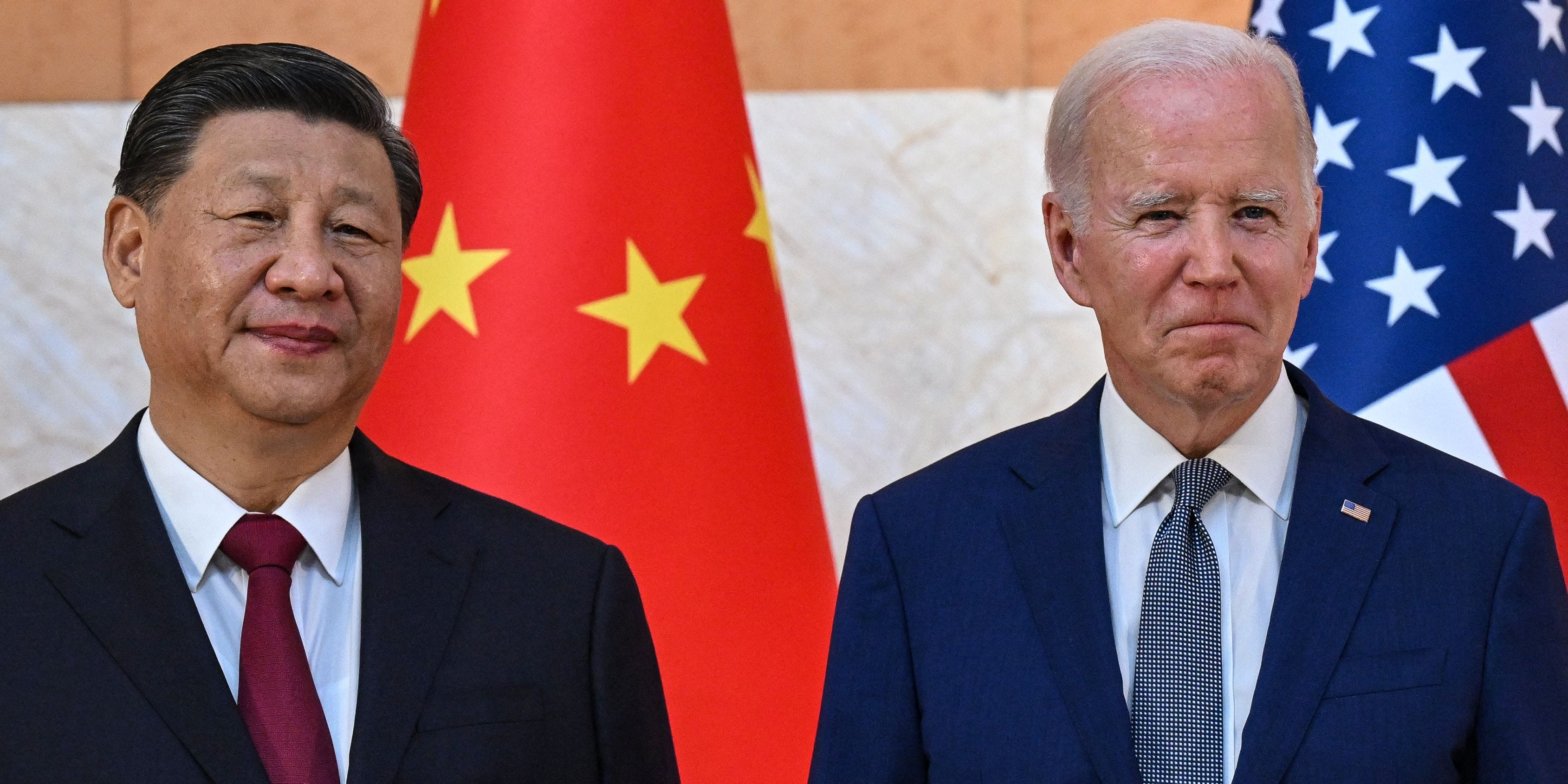The G7’s approach to China’s economy is accelerating a new cold war, Nouriel Roubini wrote. Western commitment to containing China’s economic influence, risks an eventual “violent crack-up.” Export restrictions of key technology to China may come with economic retaliation. Loading Something is loading.
Thanks for signing up!
Access your favorite topics in a personalized feed while you’re on the go.
While the US has voiced hopes for warmer relations with China, the G7’s approach to Beijing is accelerating another cold war, economist Nouriel Roubini wrote in a Project Syndicate piece.
Despite rhetoric at the May summit that suggested de-risking relations with China rather than a more aggressive decoupling, the group shows that “far from thawing, the new cold war is getting colder,” he warned.
“Unlike previous gatherings, when G7 leaders offered mostly talk and little action, this summit turned out to be one of the most important in the group’s history,” he wrote. “The US, Japan, Europe, and their friends and allies made it clearer than ever that they intend to join forces to counter China.”
Roubini pointed to the inclusion of India, South Korea, Indonesia and Brazil in the summit as well as warnings against China’s “economic coercion,” expansion the South and East China Seas, and aggression against Taiwan.
After the summit, Beijing accused Western leaders of trying to contain and suppress China. And Roubini said Beijing could use its dominance in rare-earths metals to retaliate against the US sanctions and trade restrictions.
Meanwhile, the trade standoff around semiconductors is also fueling cooler relations as US export restrictions are joined by more allies — a bid to keep China technologically behind.
“So, while the G7 may have set out to deter China without escalating the cold war, the perception in Beijing suggests that Western leaders failed to thread the needle. It is now clearer than ever that the US and the broader West are committed to containing China’s rise,” he concluded.
He cited also recent interviews with Henry Kissinger, who helped reopen US-China relations in the 1970s, where the veteran diplomat warned that the two countries are on a “collision course” unless they reach a new understanding.
“The deeper the freeze, the greater the risk of a violent crack-up,” Roubini said.
